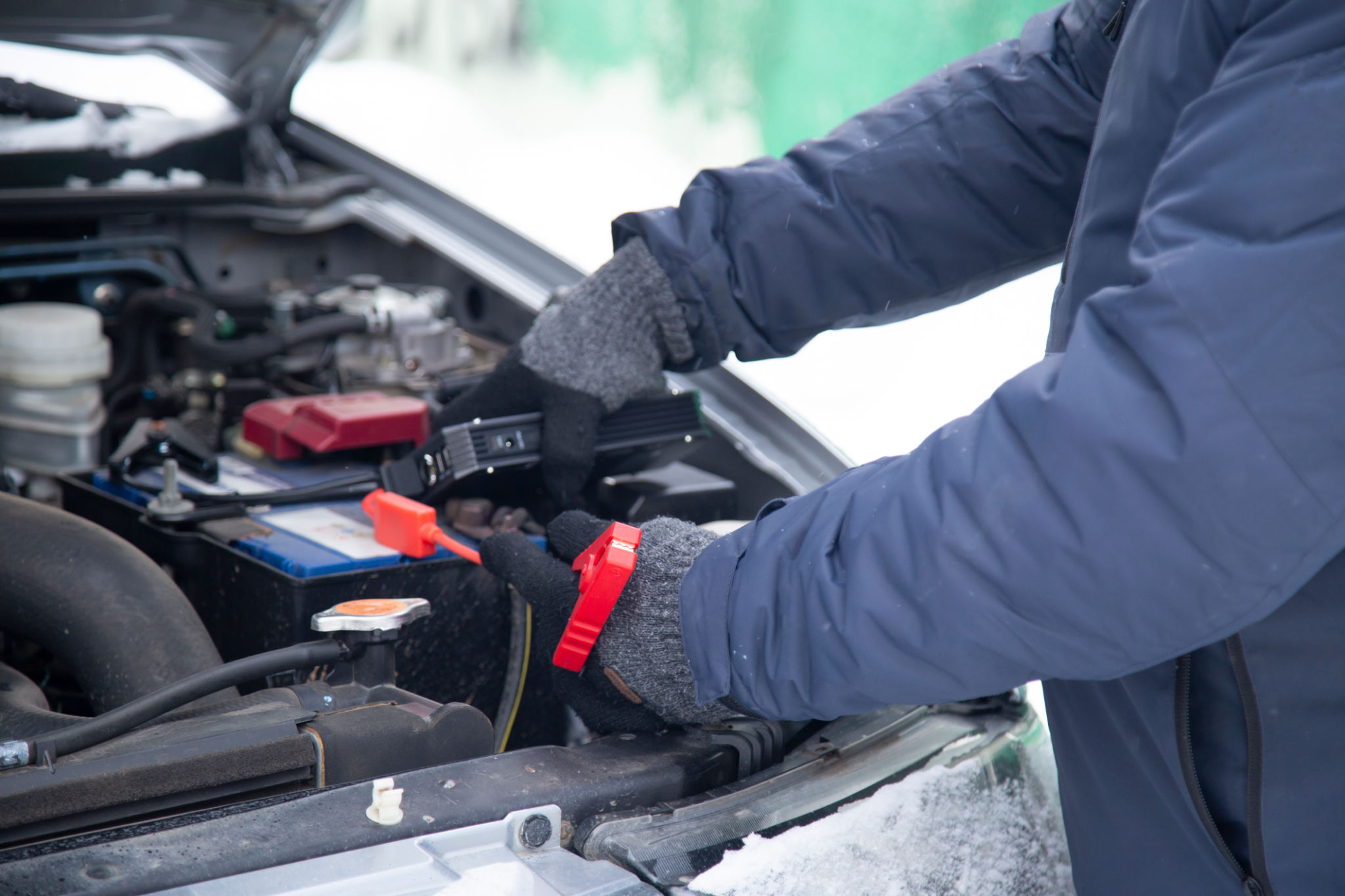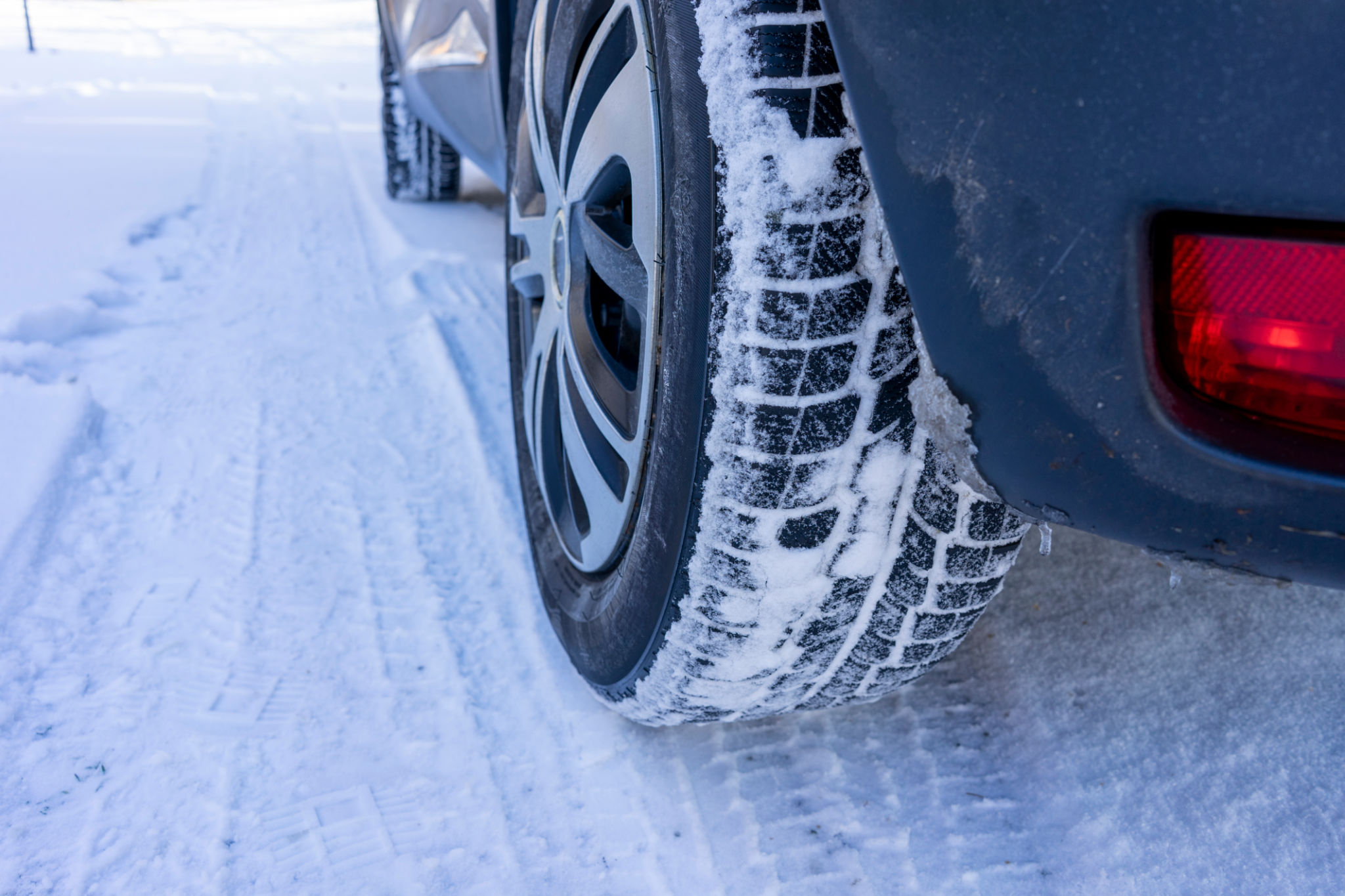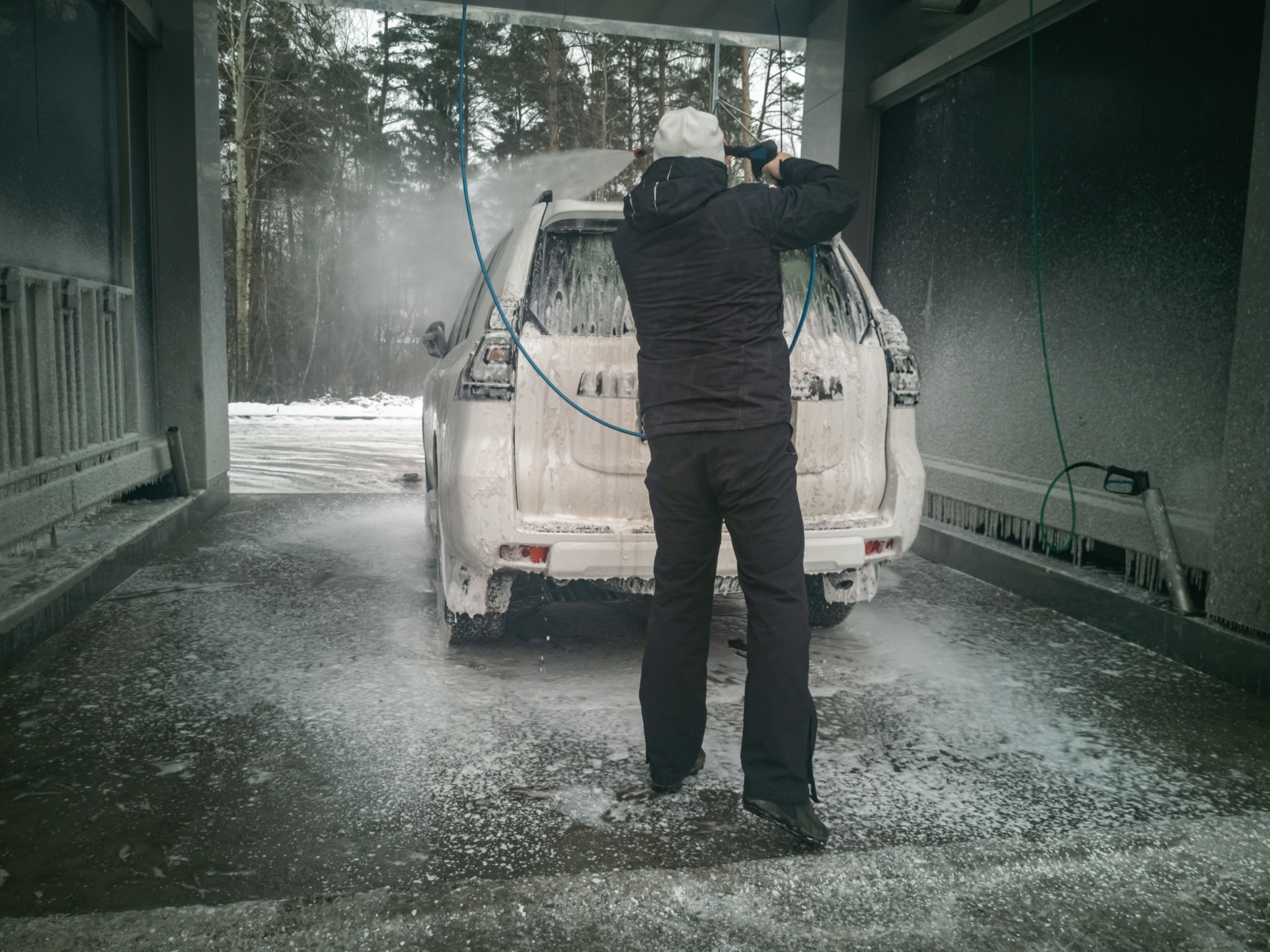The Ultimate Guide to Winter Auto Protection in Harris County
FP
Preparing Your Vehicle for Winter
As the temperatures begin to drop in Harris County, it's crucial to ensure your vehicle is ready to handle the winter weather. While the region may not experience heavy snowfall, the cold can still affect your car's performance. By taking a few preventive measures, you can keep your vehicle running smoothly throughout the colder months.
One of the first steps in winter auto protection is to check your vehicle's battery. Cold weather can significantly reduce battery capacity, making it harder for your car to start. Ensure your battery terminals are clean and free from corrosion, and consider having your battery tested to ensure it's in good working condition.

Maintaining Your Tire Health
Your tires are your vehicle's primary contact with the road, so it's essential to keep them in top shape. Start by checking the tire pressure regularly, as cold weather can cause it to drop. Maintaining the proper tire pressure improves traction and fuel efficiency.
Additionally, consider switching to winter tires if you anticipate icy conditions. Winter tires are designed to provide better grip in cold weather, enhancing your vehicle's safety. Don't forget to inspect the tire tread depth – worn-out tires can be dangerous on slick roads.

Protecting Your Vehicle's Exterior
The exterior of your vehicle is also vulnerable during winter months. The cold can cause paint to crack and chip, especially if you encounter road salt or debris. To protect your car's finish, consider applying a high-quality wax before the winter season begins. Wax acts as a barrier against moisture and contaminants.
It's also wise to frequently wash your car during winter to remove road salt and grime that can lead to rusting. Pay attention to the undercarriage, where salt tends to accumulate. Regular cleaning will help maintain your car's appearance and longevity.

Ensuring Visibility and Safety
Clear visibility is vital in maintaining safety on the road during winter. Start by checking your windshield wipers; they should be in good condition and free of cracks or tears. Consider replacing them if they're more than a year old.
Fill up your windshield washer fluid with a solution designed for low temperatures to prevent it from freezing. Additionally, check that all your lights are functioning correctly, as shorter days mean you'll rely on them more often during your commutes.

Monitoring Engine Fluids
Cold weather can affect various fluids in your vehicle. Ensure your engine coolant is at the appropriate level and mixed correctly to prevent freezing. It's also a good time to check your oil, as some vehicles may require a different viscosity for optimal performance in colder conditions.
Don't forget to inspect your brake fluid and transmission fluid levels. Keeping these fluids at recommended levels will help ensure your vehicle operates efficiently and safely throughout the winter months.
Emergency Preparedness
No matter how well you prepare, unforeseen circumstances can still occur. It's wise to have an emergency kit in your vehicle during winter. This kit should include items like a blanket, flashlight, first-aid supplies, and non-perishable snacks.
Consider adding a small shovel, ice scraper, and jumper cables to your kit as well. Having these items on hand can make a significant difference if you find yourself stranded or needing assistance on a cold day.
